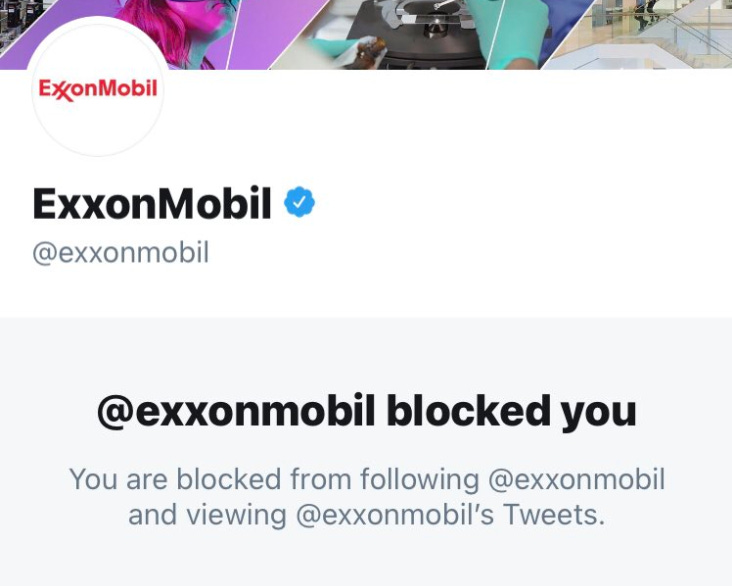Drag them.
The climate case for calling out fossil fuel companies online

“Every day on Twitter there is one main character. The goal is to never be it.”
Mary Heglar, who co-authors the climate newsletter and podcast Hot Take, cites that viral tweet frequently when talking ab…


